This site is intended for u.s. audiences
This site is intended for u.s. audiences
There are many helpful organizations that provide support for families living with Hunter syndrome and other rare diseases. Whether you are looking for advocacy groups, government programs, or community support, explore the list of valuable resources below.
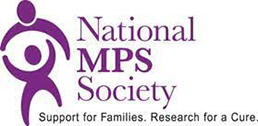
The National MPS Society supports scientific research, provides family support, and strives to increase public and professional awareness of MPS disorders. The Society’s efforts also include raising money to fund MPS research projects, sponsoring public events, and working with the government to advocate for support programs. On this site, you can find helpful MPS resource guides, forums for emotional support, and an annual family conference for families to meet and learn more about the different MPS diseases.
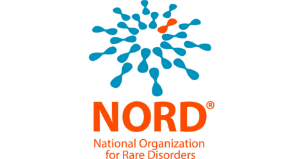
The National Organization for Rare Disorders (NORD) is a unique federation of voluntary health organizations dedicated to helping people with rare, “orphan” diseases and assisting the organizations that serve them. NORD was established in 1983 by patients and families who worked together for the passage of the Orphan Drug Act, which is a legislation that provides financial incentives to encourage development of new treatments for rare diseases. NORD is committed to the identification, treatment, and cure of rare disorders through programs of education, advocacy, research, and service. On this site, you can find free webinars, fact sheets, infographics, and other helpful materials.

Project Alive is a powerful voice for children and adults with Hunter syndrome, supporting families throughout their MPS journey and bringing them together with advocates, researchers, industry, and regulators. The organization also funds promising research and its campaigns have made significant advances in improving public awareness of Hunter syndrome.
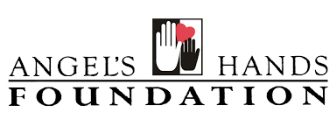
Angel’s Hands Foundation’s mission is to improve the quality of life for individuals living with rare diseases. It supports families by assisting with lingering medical expenses, funding medical equipment not covered by insurance, funding family visits to educational events or to see medical specialists, sponsoring fundraising events, and hosting social outings for families.
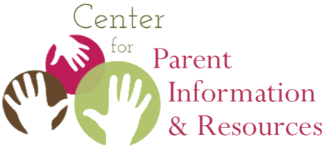
All the materials found on the Center for Parent Information & Resources (CPIR) Hub have been created and archived for Parent Centers around the country to help them provide support and services to the families they serve. Here you can find family-friendly information and research-based materials on key topics for Parent Centers, as well as further resources such as e-newsletters.

Family Voices is a national family-led organization of families and friends of children and youth with special healthcare needs (CYSHCN) and disabilities. They work to connect a network of family organizations across the U.S. that provide support to families of CYSHCN and promote partnership with families at all levels of healthcare in order to improve services and policies for children. On this site, you can find a variety of resources in multiple languages, such as webinar recordings and presentations, as well as a list of ongoing programs and projects.
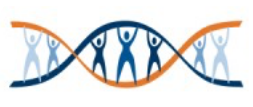
The Genetic Alliance is a non-profit health advocacy organization committed to transforming health through genetics and promoting an environment of openness centered on the health of individuals, families, and communities. Genetic Alliance’s network includes more than 1,200 disease-specific advocacy organizations, as well as thousands of universities, private companies, government agencies, and public policy organizations. On this site, you can find information, support, digital tools, and resources.
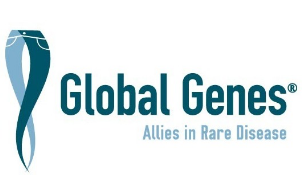
The Global Genes Project is a leading rare and genetic disease patient advocacy organization with over 500 global organizations. The non-profit organization is led by Team R.A.R.E. and promotes the needs of the rare disease community. On this site, you can find information and resources, as well as connect with members of the rare disease community.

The Individuals with Disabilities Education Act (IDEA) is a law ensuring services to children with disabilities throughout the nation. IDEA governs how states and public agencies provide early intervention, special education, and related services to more than 6.5 million eligible infants, toddlers, children, and youth with disabilities. On this site, you can find IDEA information, including law, policy, grants and funding, and additional resources.

In May 1987, the Minnesota Governor’s Council on Developmental Disabilities created an innovative training program called Partners in Policymaking® to teach parents and self-advocates the power of advocacy, and change the way people with disabilities are supported,... viewed, taught, live, and work. On this site, you can find online courses, including Partners in Making Your Case, a self-study program designed to help people advocate for positive changes in public policies that impact people with developmental disabilities and their families. Show More